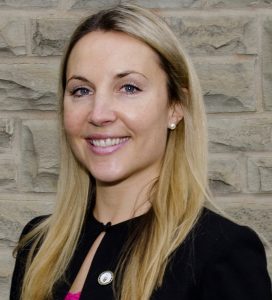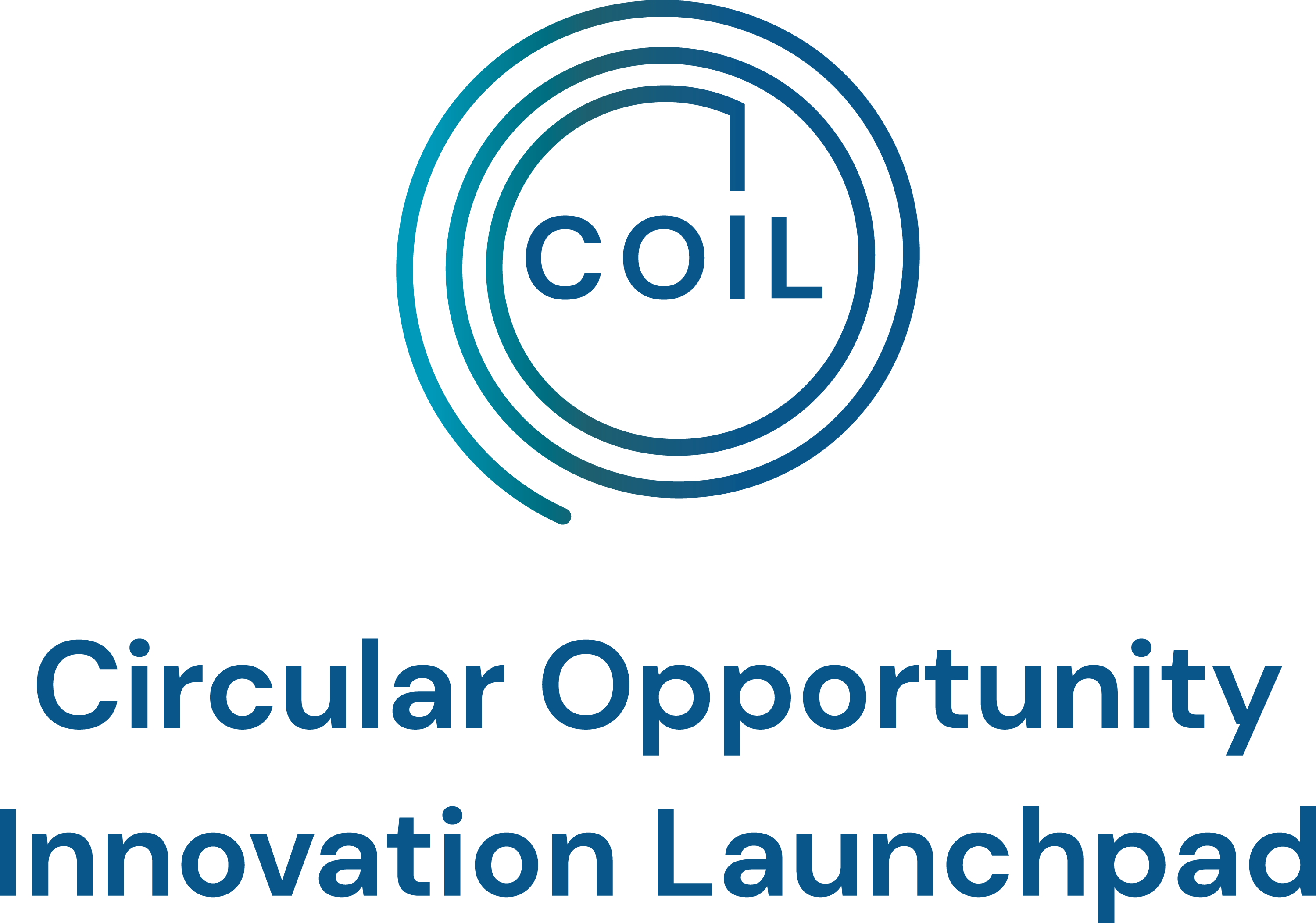GUELPH – Diversion of construction and demolition materials from landfill sites will be the first project tackled by a new Zero Waste Economic Transformation Lab announced by Guelph and Wellington County officials.
Representatives from the City of Guelph, Wellington County, the Guelph Smart Cities Office and Co-operators, launched the lab, a new initiative under the Circular Opportunity Innovation Launchpad (COIL) project with a virtual announcement on Jan. 20.
The lab will apply circular economy theories to develop and test new opportunities to reduce or redirect waste.
As the lab’s founding corporate supporter, Co-operators is pledging a $350,000 investment to establish the lab and fund its first project to divert construction and demolition materials from landfill.
Ongoing operations will be funded through public and private grants and corporate investments.
The commitment from Co-operators represents a unique local public-private sector collaboration to tackle factors contributing to climate change, city and county officials state in a press release.
It will also help extend the range of tools and innovation infrastructure developed by COIL and Our Food Future since 2019, adapting them to the construction and demolition sector as well as others in the future, the release states.
“When we manufacture new products, and construction materials are particularly resource intensive, redesigning systems to recycle and extend the life of materials is an essential part of fighting climate change and aligns with Guelph’s climate change objectives,” said Smart Cities Office executive director Barbara Swartzentruber, who noted 45 per cent of global carbon emissions are generated through the manufacture of new products.
“Co-operators is committed to embedding sustainability into all areas of our business. We are especially excited that through COIL, we can help to sustainably divert materials away from landfills and keep them in the local economy,” said Chad Park, vice-president of sustainability and citizenship at Co-operators.
He added, “Through this collaborative effort, we can reduce the environmental, social, and financial costs to governments, businesses and Canadian communities, while making them more sustainable and resilient.
“Through our investment, the lab will mitigate some of the downstream impacts of waste and emissions that are generated from the rebuilding associated with our insurance claims.”
The lab’s projects bring together researchers, industry stakeholders, entrepreneurs and government to reduce waste in specific material sectors, including salvaged materials from properties following insurance claims, the release notes.
As with Our Food Future, another Smart Cities initiative, COIL’s lab will focus on “designing scalable systems-level solutions that create new social, economic and environmental benefits,” the release states.
“Our comprehensive circular economy approach considers not only the reuse, recovery and recycling of materials that were previously wasted, it addresses processes and decisions that prevent waste generation across an entire value chain,” said COIL manager David Messer.
vGuelph Mayor Cam Guthrie called the project “an incredible example of public and private sector are coming together and collaborating.
“It’s really fantastic to see a major local employer that is stepping up to work with the city and the County of Wellington to tackle this global issue.”

WELLINGTON PLACE ADMINISTRATOR JANA BURNS
Guthrie added, “I think it’s really important to note that economic transformation is at the heart of this program. It’s even in the name, Zero Waste Economic Transformation Lab.
“Climate change isn’t just about the environment, it is also about the economy. And if we have hope for a net-zero world, we need to get smarter about how we use energy and redesign our systems so we waste less and reuse more.”
“The construction industry is an important one to Wellington county, representing about 1,500 businesses and 5,900 jobs,” said Wellington Place and county economic development administrator Jana Burns.
“The county has made a commitment to supporting our local businesses with funding, coaching and learning about their struggles … We know that contractors don’t have the money, time or resources to sort their materials and landfills are often the cheapest solution. The Smart City Zero Waste Economic Transformation Lab program, with Co-operators support, really has the potential to be an innovation and system change accelerator.
Burns added, “The tools that will come from it, whether it’s the research and development, business incubation or supply chain Innovation pilots, will inspire change in businesses and industry locally and on a global scale.”
She also noted the program will help the county come closer to achieving sustainability objectives, environmental visioning and economic growth plans by creating jobs and helping businesses with their waste challenges.
“We’re excited for the lab to create some new streams of revenue for leaders in the sector and to decrease the cost associated with waste,” Burns stated
The lab’s projects will follow a process that can be replicated and applied across all waste streams in industries such as textiles, plastics and electronics.
The lab will work with other cities, labs and circular economy innovation organizations across Canada to share best practices, advise on future strategies and collectively advance sector transformation using the circular economy approach, the release states.
“Since it launched last April, COIL has made strong steps forward in helping businesses and collaborations explore circular solutions in both the food and environment sectors. This includes COIL’S Activate, Evolve, Circular and Repurpose business accelerator programs which are already attracting considerable attention,” said Swartzentruber.
“Today, with the new Zero Waste Economic Transformation Lab, these programs offer a clear demonstration that when business, government and community work together, we can make larger strides towards include improving our environment and strengthening our local economy.”




